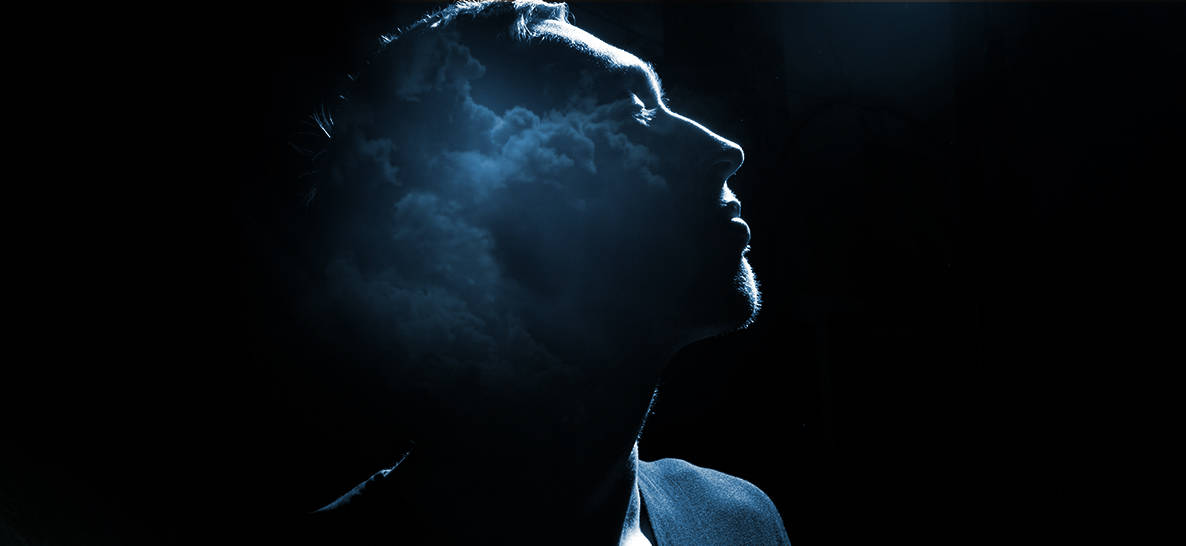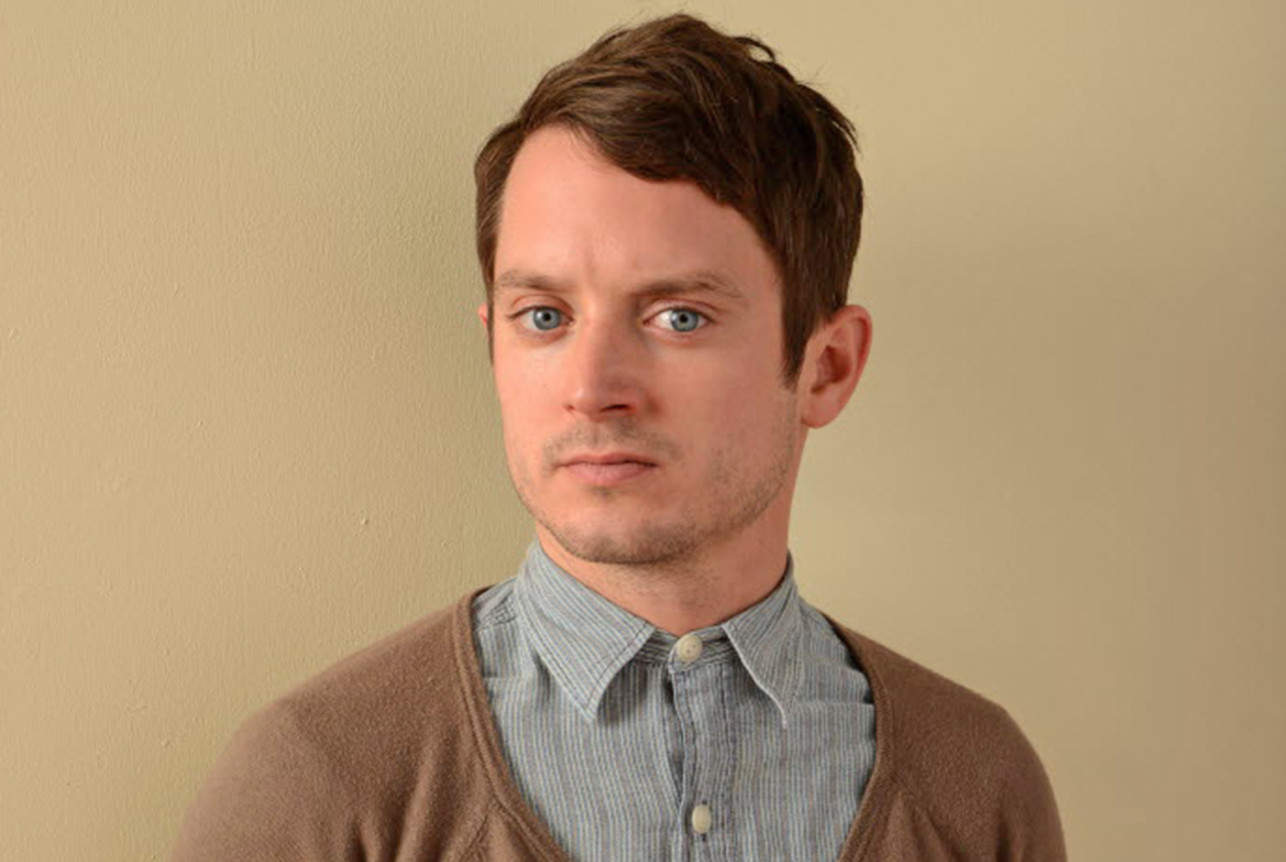
Teaching kids with special needs in Mexico was one of the first piercing encounters I had with chronic discouragement. And it wouldn’t be the last.
It was the first time I realized how much easier it was to blame my organization for how deeply disappointed I felt about a traumatic ordeal that perhaps was nobody’s fault. It was the first twinge of growing pains I’d felt from being part of a world that wasn’t as I’d dreamed it to be: a world not ruled by superheroes but governed instead by the same laws and conditions of human boundaries that restricted all mortals.
I have felt deep disillusionment from unmet expectations I set on those I most respected in the social justice sphere. It has deflated my energy, diminished my spirit and even broken my heart. And yet I’ve needed to feel that grief in order to move along the continuum from despair to disillusionment to action.
Maybe what we need to survive is forgiveness—the ability to extend grace to the people and organizations who disappoint us—forgiving ourselves when we don’t quite measure up to the standard we had for ourselves and forgiving the world for not meeting our expectations.
Maybe the decay of disappointment leaves fertile ground for us to plant a new beginning. Maybe the same experience of discouragement can be used for good.
No, it’s not OK for humanitarians or the organizations they work for to resort to corruption. It’s not OK to re-victimize survivors of human trafficking by fabricating their stories to gain more followers or to prey off of the vulnerability of orphans for profit. But maybe it’s also not OK to demand absolute perfection from humanitarian organizations, as if they are exempt from making the same mistakes we all do.
Naturally, non-profit organizations are accountable to their own actions, as it is with everyone. Part of the problem, though, is that non-profits simply receive a level of criticism that doesn’t seem to apply to the rest of the world. Humanitarians are expected to live up to a litany of perfectionistic criteria pruned by someone else’s preferences and ideals, and yet it is a standard placed on few other industries. In a way, it’s a world set up for failure, because no single organization can fix the world’s sorrow and injustices. No individual person could possibly fulfill the expectation of having indestructible ambitions, unbreakable spirits and an unlimited capacity to love, to serve and to sacrifice.
After all, it’s not a more righteous breed of human being who qualifies for work at Habitat for Humanity or the Red Cross. Some of the most morally upright people may work in the corporate world, and some of the most dispassionate narcissists might have tenure with a non-profit organization. In every field of work, there is both graciousness and greed. There are cases of compassion and corruption. There is a coexistence of integrity and immorality.
Maybe it’s time to deconstruct the unrealistic standard humanitarians are expected to meet. Maybe we need to remove that crown of moral superiority from Peace Corps volunteers and overseas missionaries and in-the-trenches advocates to allow them the space to make mistakes in order to grow. Maybe we need to allow humans to be humans, regardless of their vocation.
I’ve had to come to terms with the gap between the level of control I think I have and how much control I actually have. And that’s easy to resent. There is nothing more demoralizing than pouring time and energy, heart and soul, into trying to help a person who is beyond my reach. It’s crushing to be one person trying to combat such a complex and systemic breach of human rights as human trafficking when it never seems to get any better. It’s frustrating to dish up meals at soup kitchens or hand out blankets at shelters, wondering if all I’m doing is putting a Band-Aid on a much larger problem.
But maybe there really is a point when we’ve done all we can after all.
I had to accept that my own advocacy was flanked by limitations. However reluctant I was, I gradually needed to accept that my sanity hinged on the realization that even humanitarians can’t play God. Doing so amplified my need to turn to a higher power, with faith as my foundation and hope as my help.
When years of disappointing discoveries about justice work and my own limitations culminated in deep-seated disillusionment, it was a fusion of paralysis and liberation. As hard as it was to see the world for what it was, it meant I could be freed from the demands of perfection of both others and myself.
Now the question I’d always asked shifted from “Why aren’t they doing more?” to “At what point do I accept other people’s humanity—and mine too?”
This essay was adapted from chapter two or Katie Bergman’s new book, When Justice Just Is. Used by permission.






















